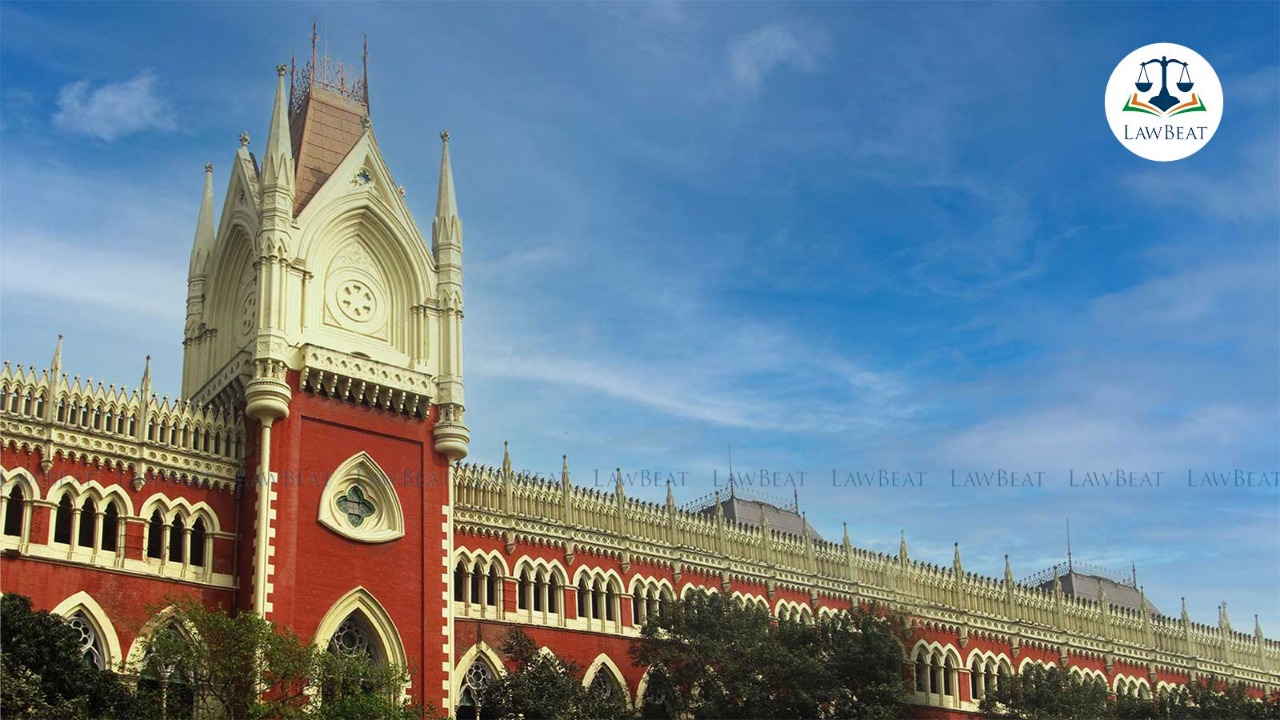Calcutta HC Commutes Death Penalty Given to Man in Parents' Murder Case to Life Imprisonment

Court commuted the death penalty given to a man convicted for murdering his parents and awarded life imprisonment without remission.
The Calcutta High Court recently commuted the death sentence given to a man for murdering his parents and awarded him a life sentence instead without remission.
The division bench of Justice Debangsu Basak and Justice Shabbar Rashidi observed that a constitutional court can award a life sentence without any remission.
The court said, “The Constitutional Court can award a life sentence without any remission. This aspect has to be considered in light of the report of Pavlov Hospital taken note of by the learned Trial Judge where such hospital had done a psychometric assessment of the convict by a clinical psychologist who reported that there was a possibility of the convict committing a future crime and becoming a danger to the society.”
While commuting the sentence, the court considered the following:
- On February 17, 2023, the State in its report said that the behaviour of the convict was polite and cooperative.
- The Superintendent of the correctional home, where the convict was lodged, said that he did not receive any objection to the conduct of the convict from any corner during his stay in the prison.
- The welfare officer of the correctional home, where the convict was lodged stated that the convict was very much interested to draw pictures in the correctional home.
- The report of the clinical psychologist of the correctional home, where the convict was lodged, stated that no active psychopathology nor any anxiety or depression symptoms were found at this time and that the convict appeared to be mentally fit at this time and is aware of his future legal movements.
- Regarding the convicted individual, the State had not shown any evidence showing a criminal past.
- According to the convict's statement recorded under Section 313 of the CrPC, he was an auto driver before to the occurrence. His age and economic position, as determined by his occupation, were mitigating circumstances in his favour.
The bench relied on the Supreme Court's ruling in Union of Indian v. V. Sriharan @ Murugan and Others in which it was determined that only the High Court and the Supreme Court have the authority to impose a modified punishment providing for a specific term of incarceration or until the end of the convict's life as an alternative to the death penalty.
Accordingly, court commuted the convict's death sentence to life imprisonment without the possibility of remission, noting that the psychometric assessment of the convict by a clinical psychologist indicated that the convict may commit future crimes and become a danger to society.
Case Title: State of West Bengal vs. Sovan Sarkar
